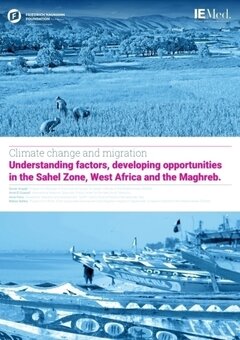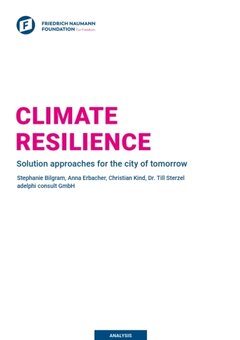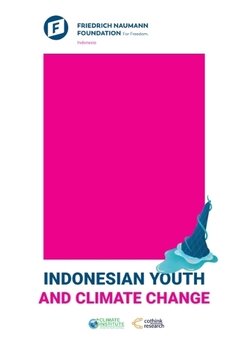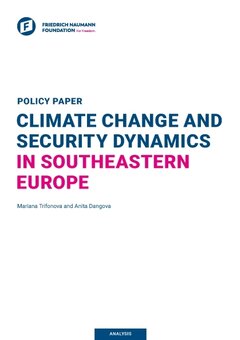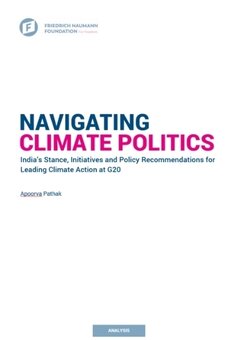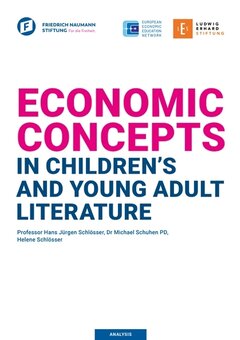Podcast
#14 Talking about Markets and the Environment
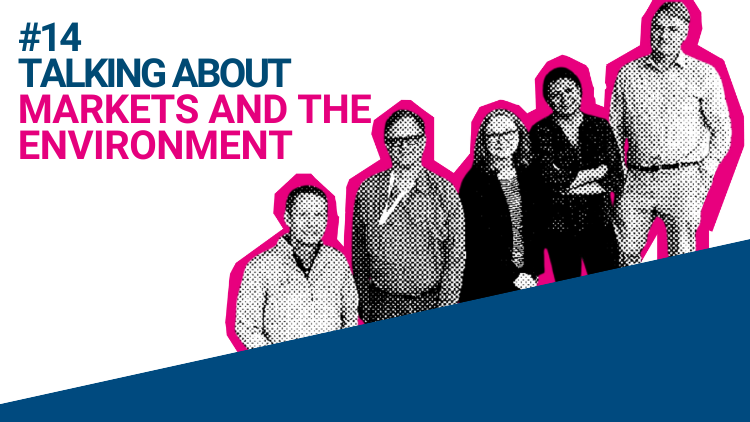
In today's episode of IAF TALK Bettina Solinger has gathered the experts from our seminar "The Future of Market Economy" around a big table in the Academy to have an intensive talk about markets and the environment, and to tackle some important questions: why property rights are important for innovation, why some ideas that are brilliant on the paper but won't work in reality, how developing countries are dealing with climate change and, of course, if the economy is actually able to protect the environment.
In this talk we are meeting Arpita Nepal, Rainer Heufers, Dr Tom G. Palmer and Prof. Dr Andrew Morriss who are not only bringing lots of expertise to the table but also present different perspectives from their experiences. We are learning from many practical examples from around the world why the protection of the environment and fighting climate change is such a complex task - and why we are still optimistic.
We hope you enjoyed this episode! If you did, please rate, subscribe and share our podcast. You can find us on all major podcast providers such as Apple Podcasts (iTunes), Google Podcasts, Spotify or Deezer.
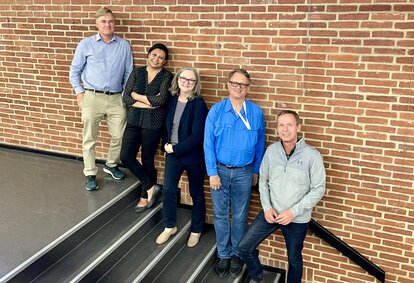
Our podcast guests in today's episode (from left to right): Dr Tom G. Palmer, Arpita Nepal, host & director of IAF Bettina Solinger, Prof. Dr Andrew Morriss and Rainer Heufers
© IAFSources mentioned in this episode
How Does the Market Economy Respond to the Challenges of Sustainable Development?
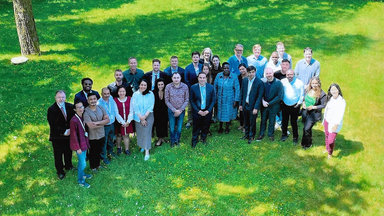
How does the Market Economy Answer the Challenges of Sustainable Development? Let's find out through the personal notes of Nanang Sunandar, a participant in the IAF Seminar "The Future of Market Economy", May 28-June 9, 2023.

